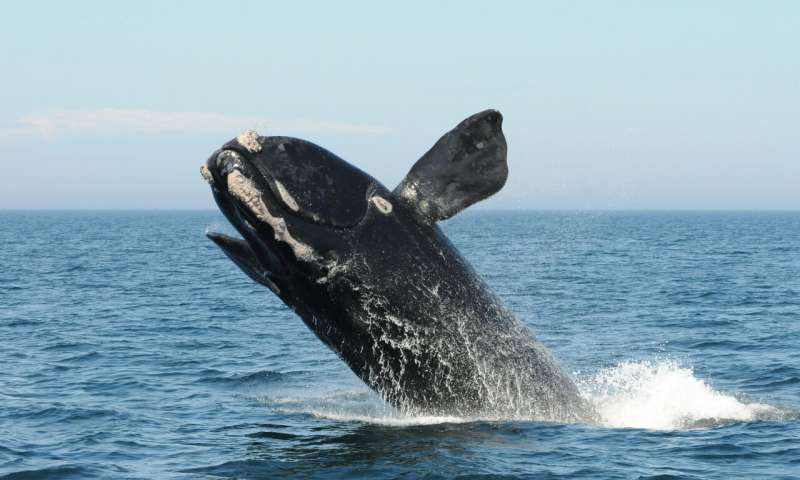
KJIPUKTUK (Halifax) – It doesn’t happen often enough, but this week defenders of the Gulf of St Lawrence have something to celebrate as Corridor Resources walked away from an oil and gas project near Old Harry, off the coast of Newfoundland.
“This particular project started in 2010, and since that time thousands of people around the Gulf said no, we should not be doing that. For a long time it was a very serious threat. Corridor was very aggressive, very serious. And people were truly scared of what could happen in the Gulf, especially fishermen, Innu, Malécite and Mi’kmaq First Nations, tourists, and municipalities all along the Gulf,” says Sylvain Archambault, spokesperson for the Coalition Saint-Laurent.
The Gulf of St. Lawrence is subjected to substantial environmental pressures linked to climate change, ocean acidification and toxic waste dumping. The Gulf is also home to endangered whale species such as the North Atlantic right whale and the blue whale, whose numbers have rapidly decreased due to collisions with ships.
The withdrawal of Corridor Resources is partly a victory for the many groups who have resisted its presence in the Gulf, and partly due to other factors, says Archambault. Promises of huge oil deposits never materialized and a complex geology combined with an inability to attract financial and technical partners played a role as well. The CNLOPB suspended the Corridor Resources’ license because of its inability to start drilling by 2020, and because of new environmental legislation.
No matter the reasons, not having to worry about oil spills (possibly hitting Cape Breton’s shores), and harm to wildlife due to exploration-related seismic testing is wonderful news for anybody who worries about preserving precious ecologies.
For now, that is.
“It could start again. There’s no assurance that it won’t start again. That’s why it’s not a complete celebration. It’s a small victory that we’re happy to celebrate. But it’s far from a complete moratorium in the Gulf,” Archambault says. There is nothing to stop Newfoundland and Labrador from opening new leases, and Quebec could do the same, although not in the near future.
This is also why the Sierra Club Atlantic, among many other organizations, continues to pursue a case at the Newfoundland’s Supreme Court against the CNLOPB after it extended Corridor Resources’ license in 2017 with the stroke of a pen.
The CNLOPB referenced the intense public interest as one of the justifications for extending that license at the time, says Gretchen Fitzgerald, National Program Director of the Sierra Club Canada Foundation.
“So if you want to drill in an ecologically sensitive area, that generates lots of concern, that means you get an extended license,” Fitzgerald says.
Fitzgerald as well emphasizes the risks Old Harry posed to Nova Scotia.
“Nova Scotia has coastline on the Gulf and we have really valuable fisheries and tourism communities. Think about Cape Breton Island, think about the northern shore there, this whole area could be affected if there was a massive spill. And then we’re all very concerned about the continued survival of the North Atlantic Right Whale. Before they drill, they often do seismic blasting that is devastating for marine life, to all marine food webs, but specifically to Right Whales,” Fitzgerald says.
“It’s so clear that this area should be completely off limits to oil and gas exploration,” she says.
With a special thanks to our generous donors who make publication of the Nova Scotia Advocate possible.
Subscribe to the Nova Scotia Advocate weekly digest and never miss an article again. It’s free!



